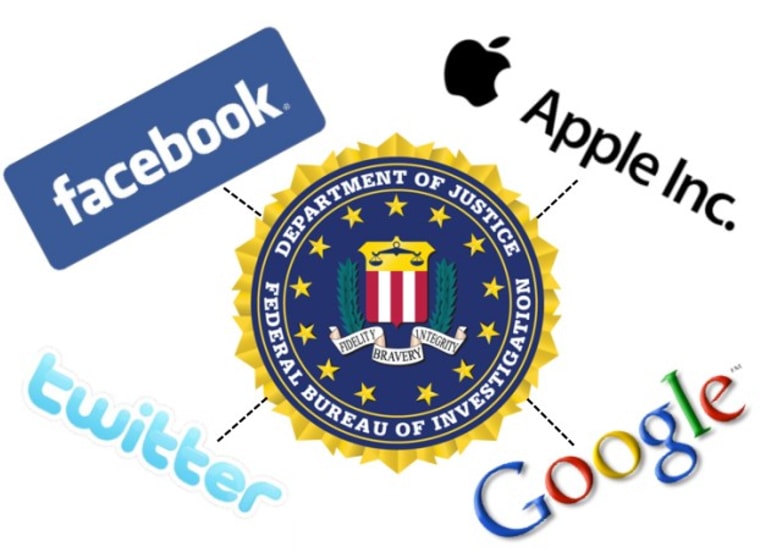The FBI has been meeting with companies that deal in Internet communications, hoping to convince them to install a back door into their services for wiretapping, reports Declan McCullagh at CNET.
What the FBI is proposing is an amendment to the 1994 Communications Assistance for Law Enforcement Act, or CALEA, which would require communications platforms like Facebook and Web email programs like Gmail and Yahoo! to build FBI-accessible backdoors into their services.
This doesn't appear to be a move that the FBI considers an expansion of powers, but rather a way to use its existing powers more effectively in an age of ever-expanding communication platforms.
Naturally, companies are wary of going along without examining the situation carefully; proposed legislation relating to Internet regulation such as SOPA and CISPA has provoked intense popular backlash.
The pace of technology is such that laws and tools used by investigative agencies like the FBI quickly become outdated. There are established methods for technology like a cellphone or landline. But it is more difficult to arrange surveillance for, say, direct messages on Twitter or Facebook chats. The FBI has warned that the bureau may become ineffective if it is not allowed to this kind of access by communications companies.
A court order would still be required for any surveillance, even with the number of digital platforms on which you could be tracked increasing.
But, as several experts point out, a requirement to include a back door could be onerous and damaging.
"New methods of communication should not be subject to a government green light before they can be used," Ross Schulman, of the Computer and Communications Industry Association, told CNET.
Only services above a certain level of users would be required to comply, but as this amount may be arbitrary, the complaint stands. Security and privacy advocates like the EFF have voiced similar concerns.
As the proposal and related matters have been progressing for several years, the issue is not likely to be resolved quickly. But when it enters the legislative process, there will almost certainly be a great amount of debate on the issue.
Devin Coldewey is a contributing writer for msnbc.com. His personal website is coldewey.cc .
